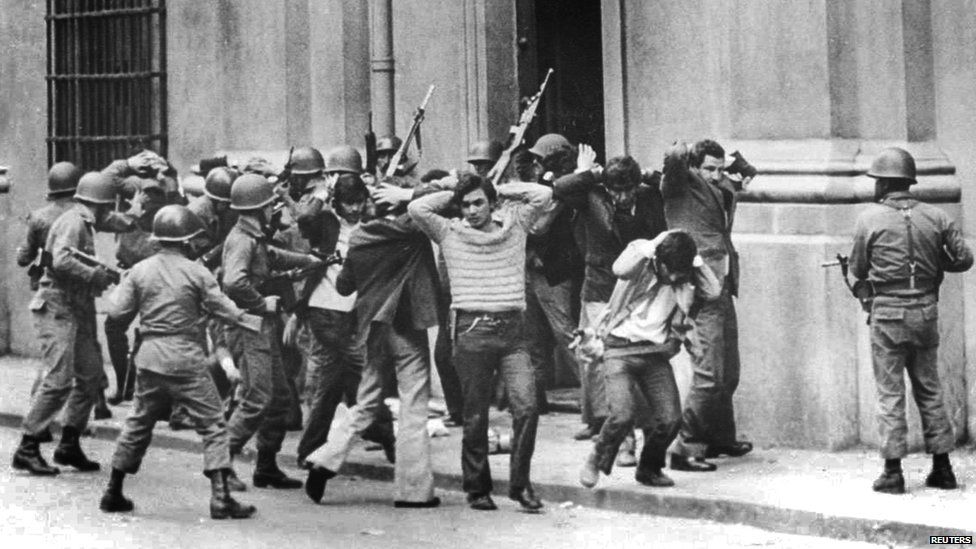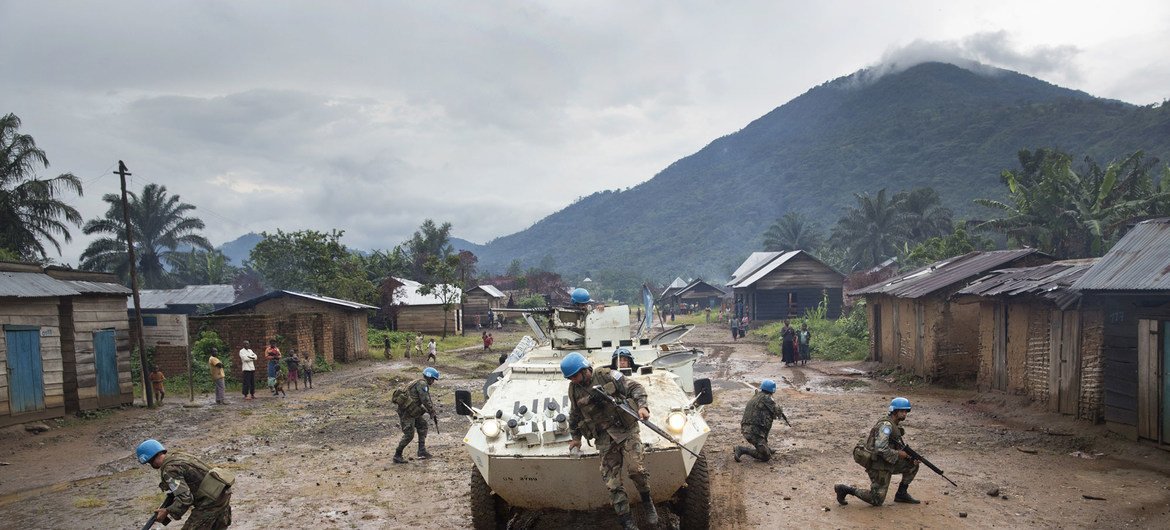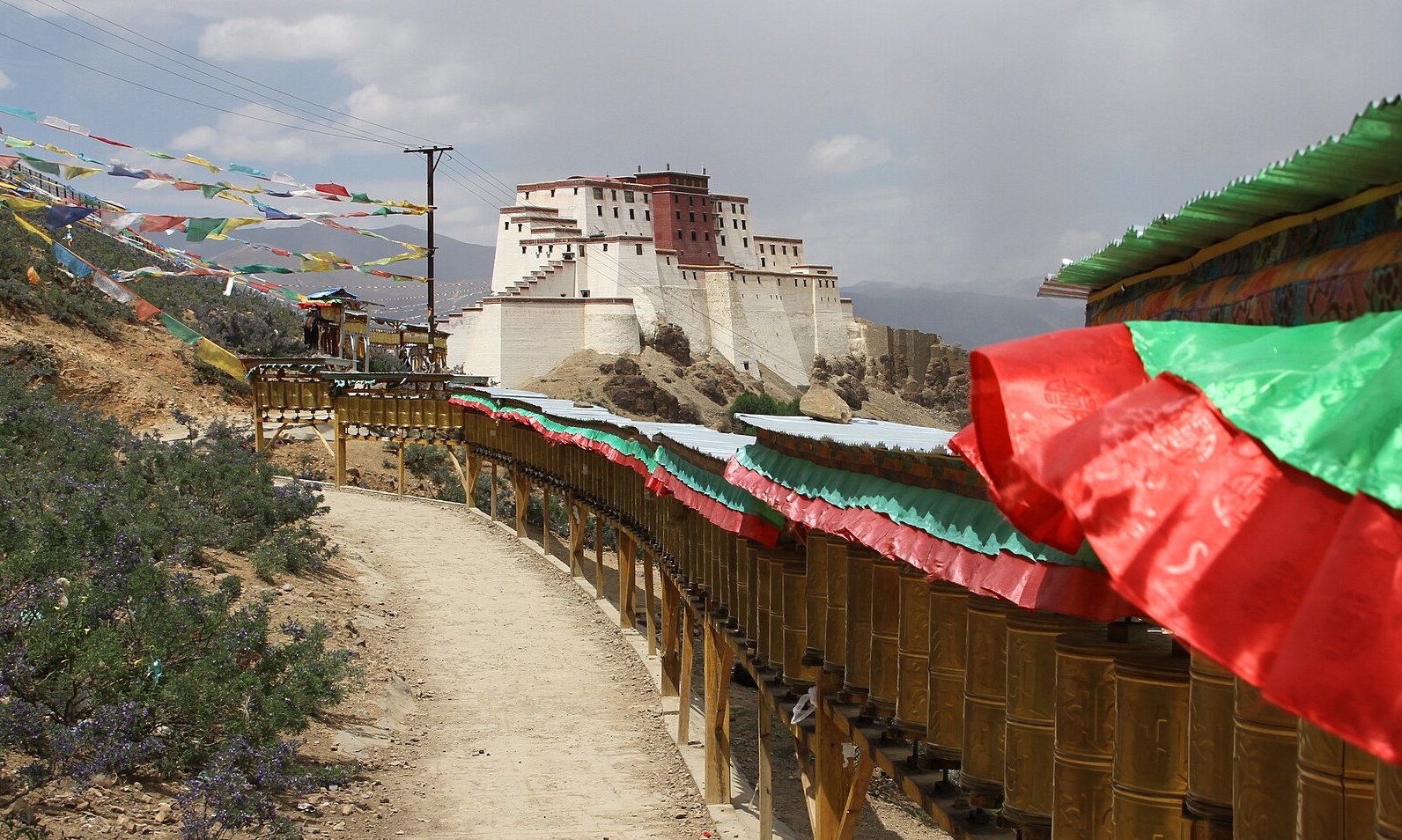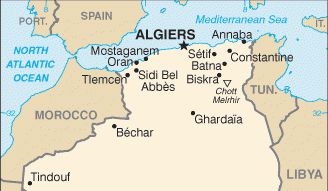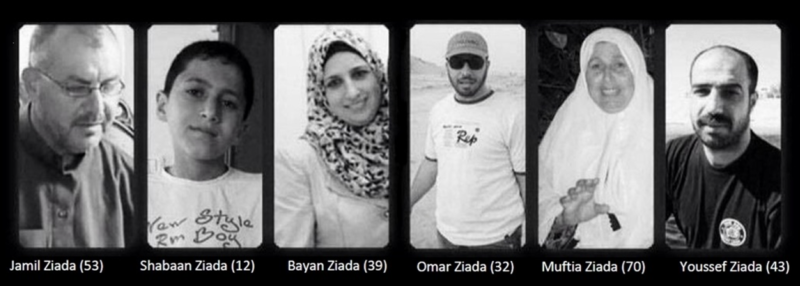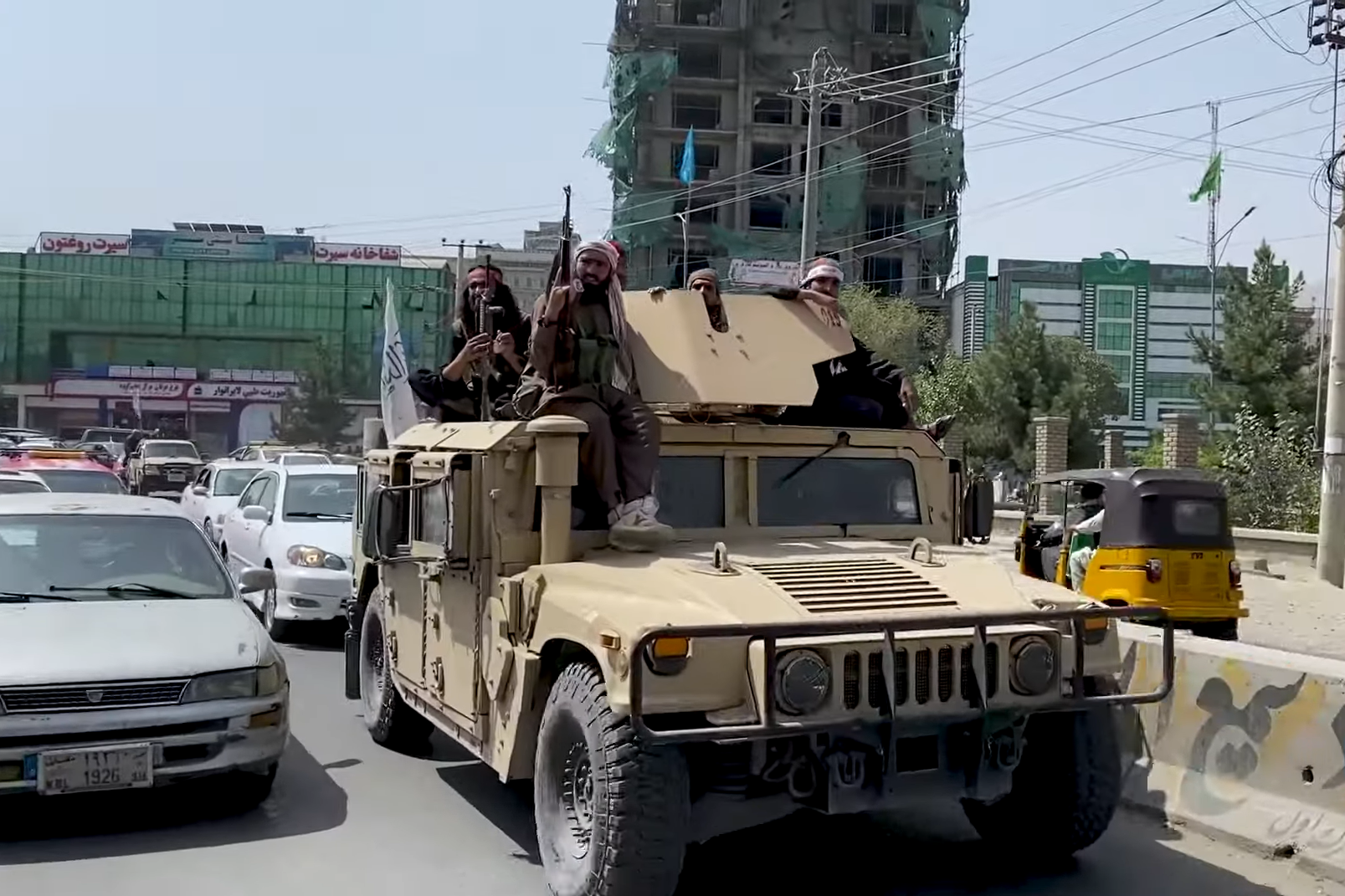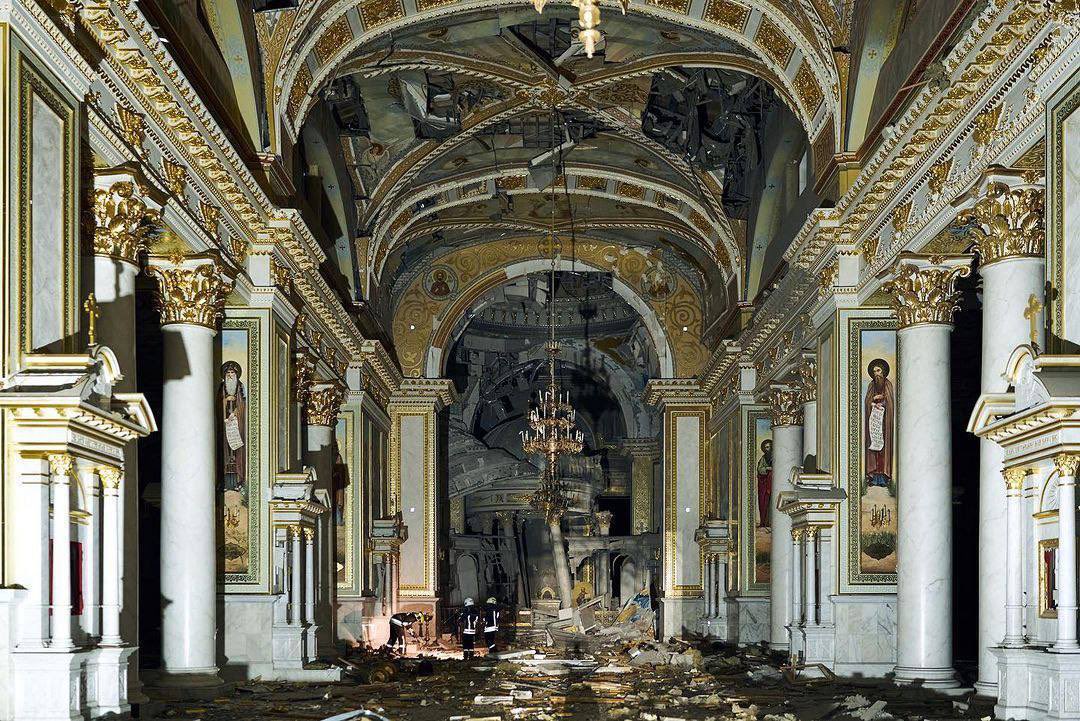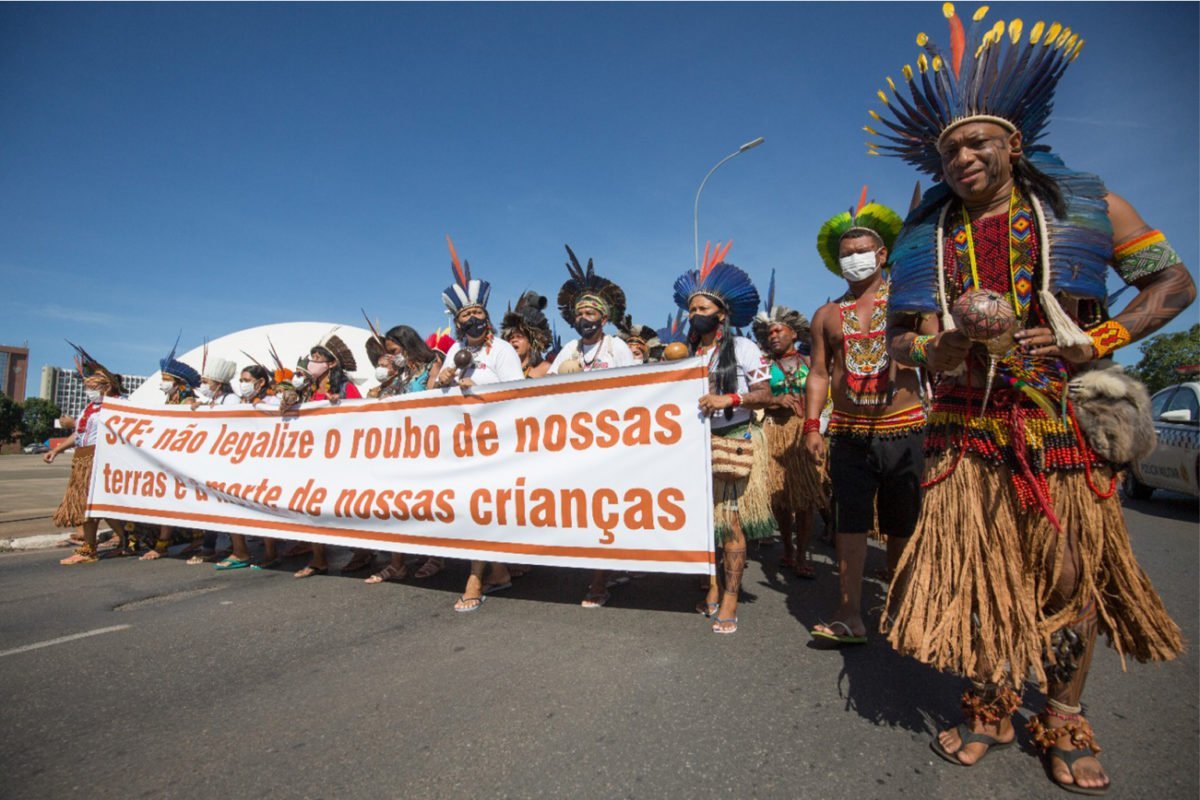
Brazil: high court nixes ‘time limit’ on native land claims
Brazil’s Supreme Federal Tribunal struck down the spurious thesis behind a legislative proposal advancing in the country’s Congress, which would impose a marco temporal or “time limit” on indigenous land recovery claims. The marco temporal law would nullify any indigenous group’s claim to traditional lands that they weren’t physically occupying on Oct. 5, 1988, the day of the enactment of Brazil’s Constitution, which for the first time recognized native peoples’ territorial rights. Instead, these lands would be considered the property of those currently in occupancy, or of the state. The thesis ignores the forced displacements that occurred during Brazil’s dictatorship in the generation before 1988, as well as the nomadic lifeways of some indigenous groups. Environment Minister Marina Silva declared the high court’s annulment of the marco temporal thesis an “act of justice.” (Photo via Twitter)



